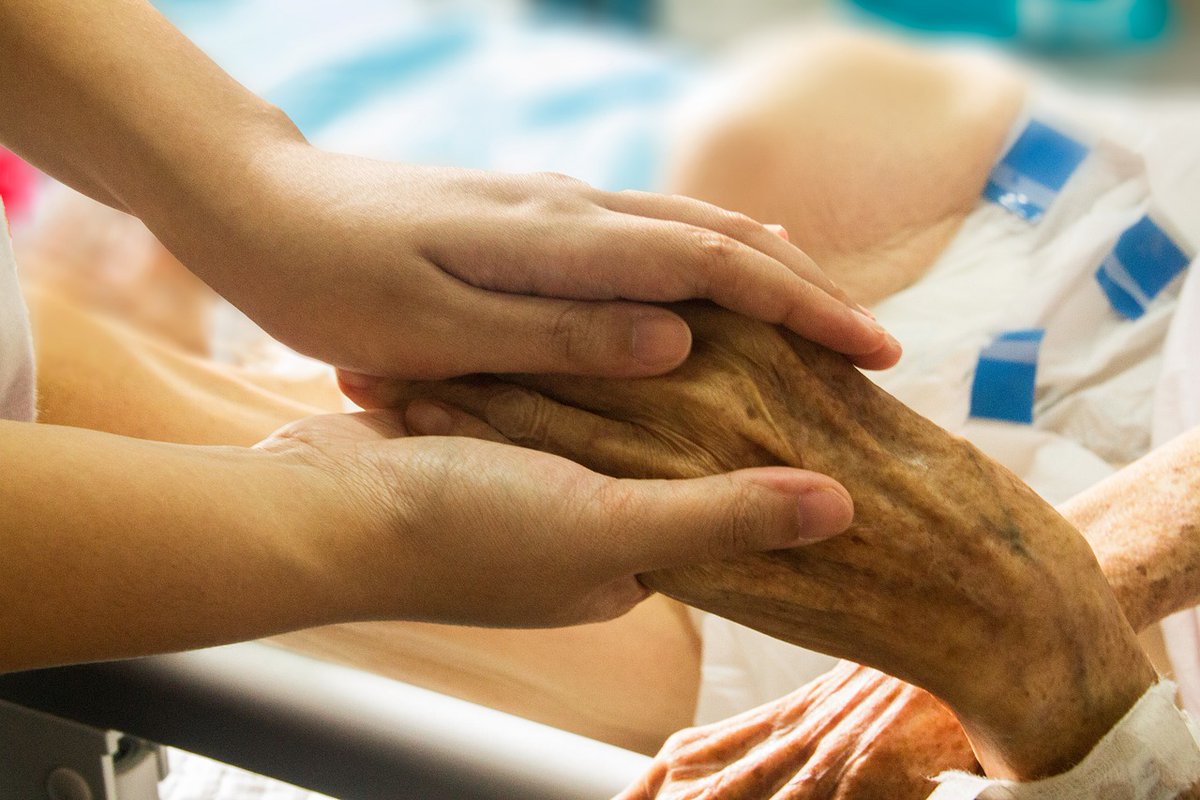As I wrap up my 5th year of #primarycare practice, I can't help but reflect on the TEN "sparks" trainees may miss out on during residency that make this work so rewarding.
A 🧵of #gratitude...
@CLOSLER @primarycarechat @InduPartha @adamcifu @gabrieldane @GIMaPreceptor
0/11
A 🧵of #gratitude...
@CLOSLER @primarycarechat @InduPartha @adamcifu @gabrieldane @GIMaPreceptor
0/11
1) Spending the majority of time in an office visit talking about kids, grandkids, sports, golf league, and fears for the future.
Very few people get to be a sounding board in the lives of others.
Very few people get to be a sounding board in the lives of others.

2) Knowing your patients without having to look anything up. What would take another provider 45 minutes to orient to, you can address in 2 minutes or less.
#knowyourworth
#knowyourworth

4) Partnering with a patient through uncertainty (e.g. a new diagnosis).
Diagnostic evals in the outpatient setting are some of the BEST diagnostic reasoning cases!
#investigate #problemsolve
Diagnostic evals in the outpatient setting are some of the BEST diagnostic reasoning cases!
#investigate #problemsolve

5) Coaching or calling out a harmful reality in love.
“Can I tell you something I’ve noticed after taking care of you all of these years…?”
“Can I tell you something I’ve noticed after taking care of you all of these years…?”

6) Getting a phone call from a subspecialist or hospitalist in another city or state because a patient asked that the admitting team reach out to you.
#respect
#respect

7) Granting “permission” to a subspecialist to add a med because your patient wants to run it by you as the PCP first.
#trust
#trust
8) Providing palliative care to a patient as they consider hospice.
Eliminate pain and suffering.
#bepresent
Eliminate pain and suffering.
#bepresent

9) Setting mutual limits to avoid frustration or harm at the end of life.
Supporting the family and securing closure when “tune ups” or “additional evaluation” in the hospital no longer align with your patient's goals of care.
Supporting the family and securing closure when “tune ups” or “additional evaluation” in the hospital no longer align with your patient's goals of care.

10) Calling the family after the arc of life is complete to offer condolences and validate the tough choice they made in transitioning care to focus on comfort after your patient passes away.
#careisinthename
#careisinthename

If you're brave enough to follow the highs and lows of someone's life as a trusted source for "good" in all circumstances, then primary care may be for you!
It's only the hardest and most rewarding thing you could do.
11/11
It's only the hardest and most rewarding thing you could do.
11/11
• • •
Missing some Tweet in this thread? You can try to
force a refresh













